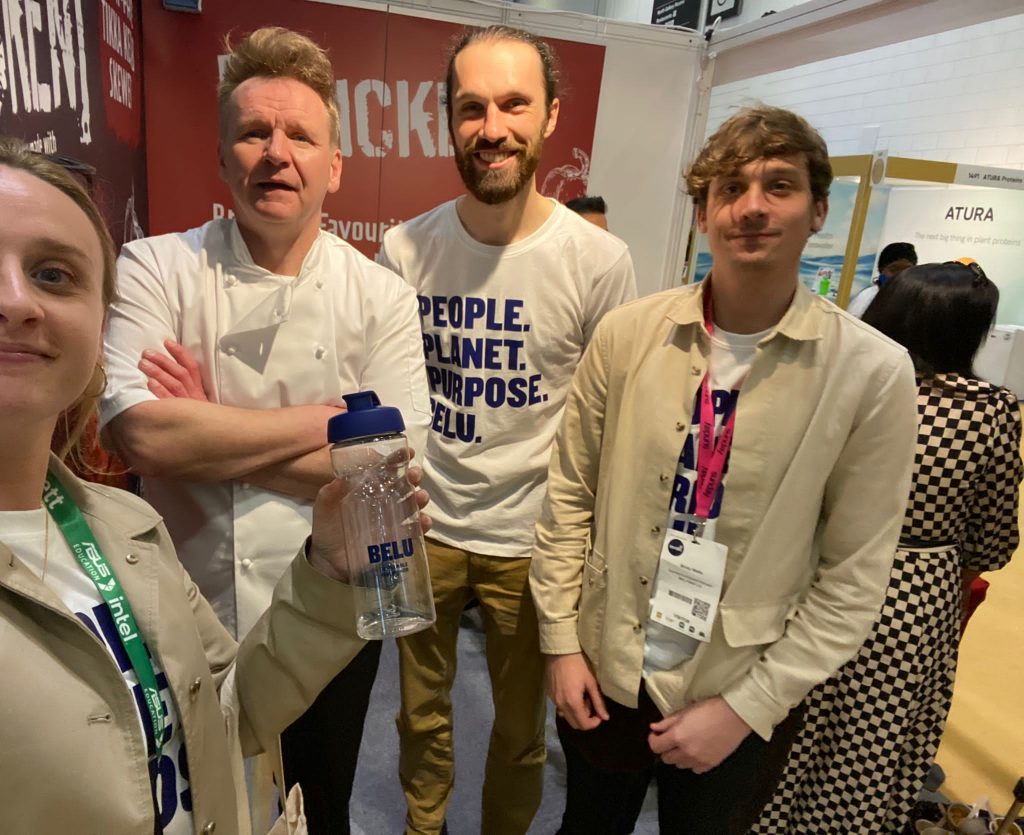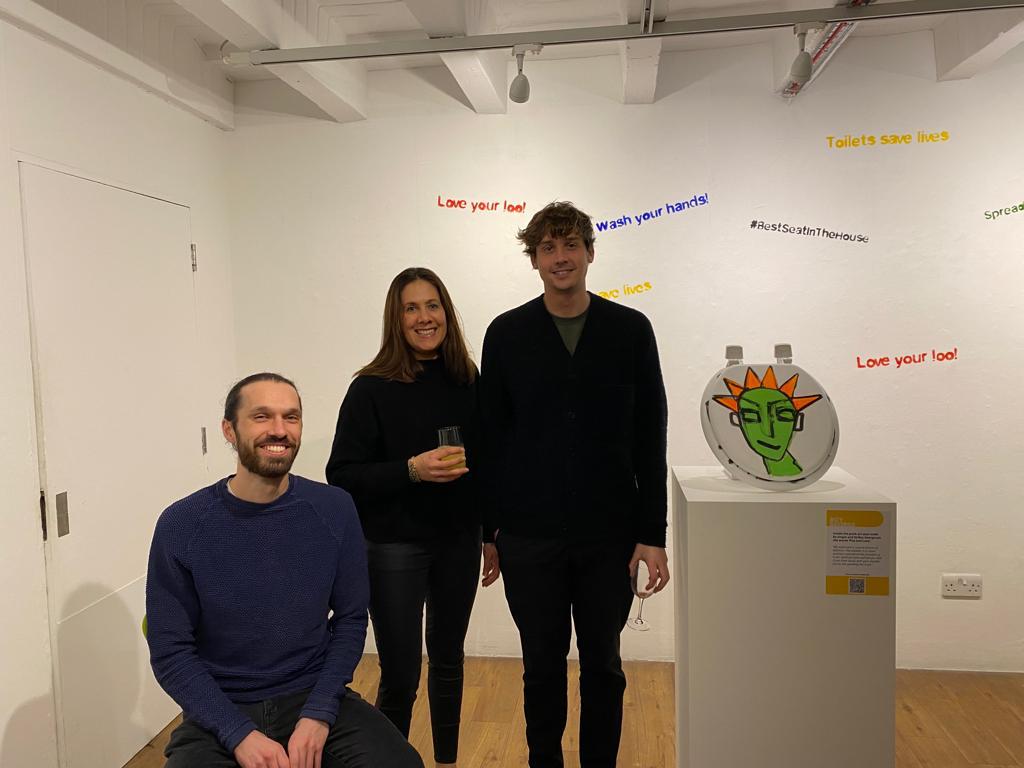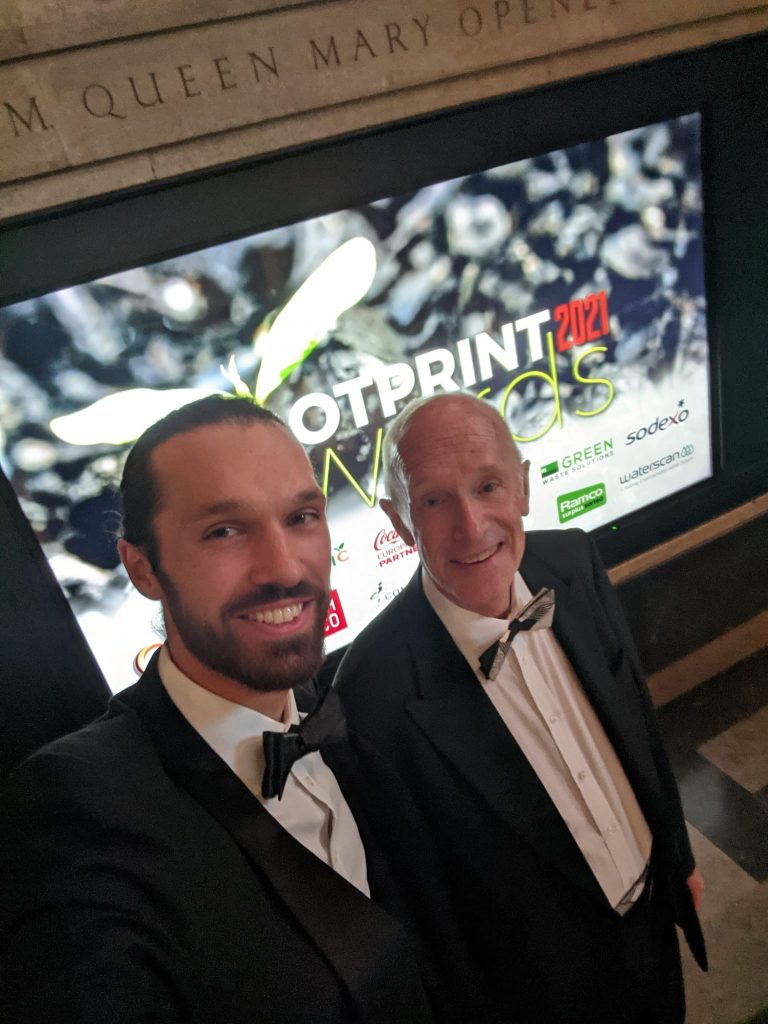WRAP, Courtauld Agreement 2030 & Collective Action
We are part of a growing number of companies that







We are part of a growing number of companies that


Belu has been helping hospitality to be more sustainable since


You may have seen our Co-CEO Natalie Campbell MBE in